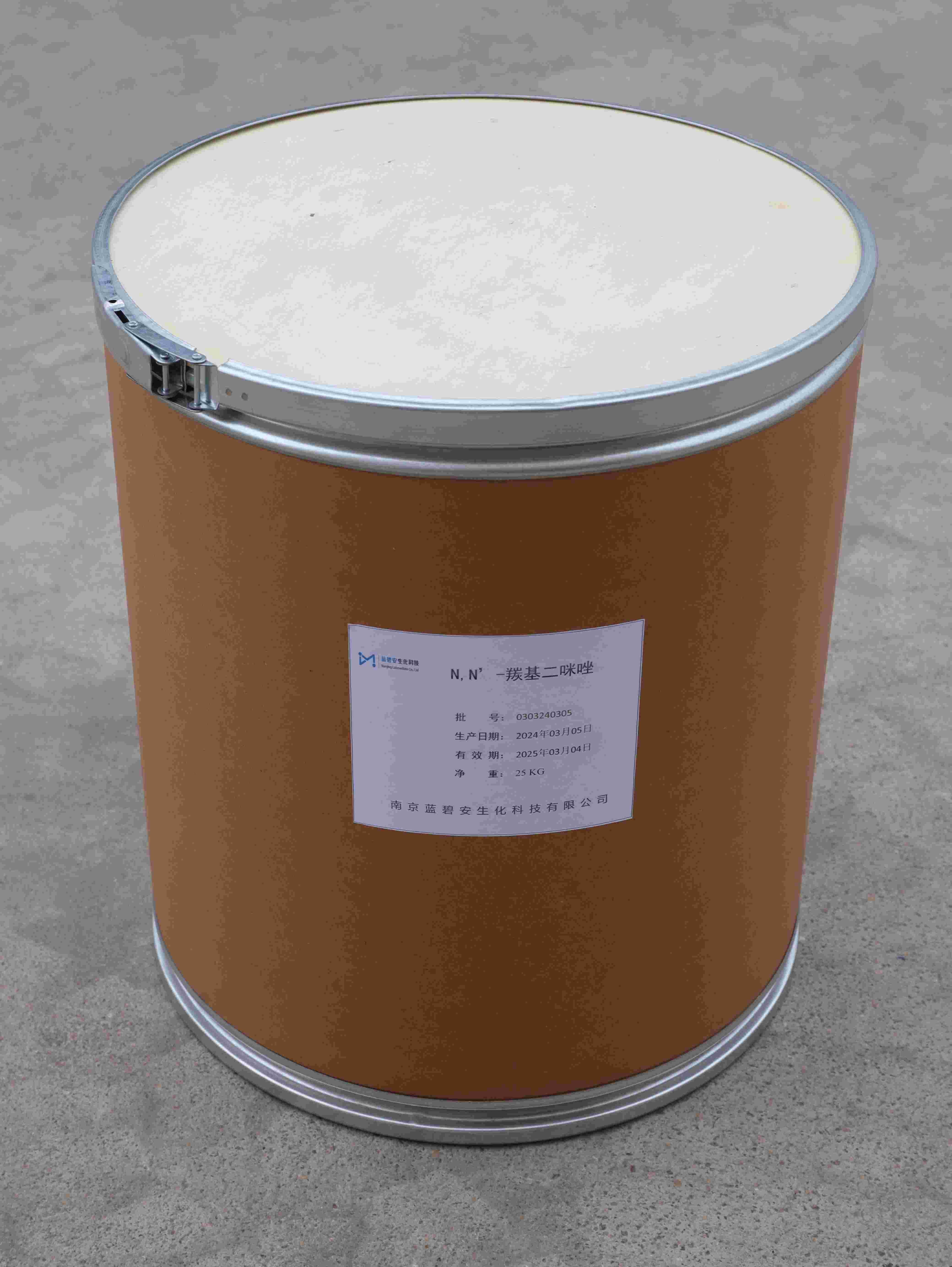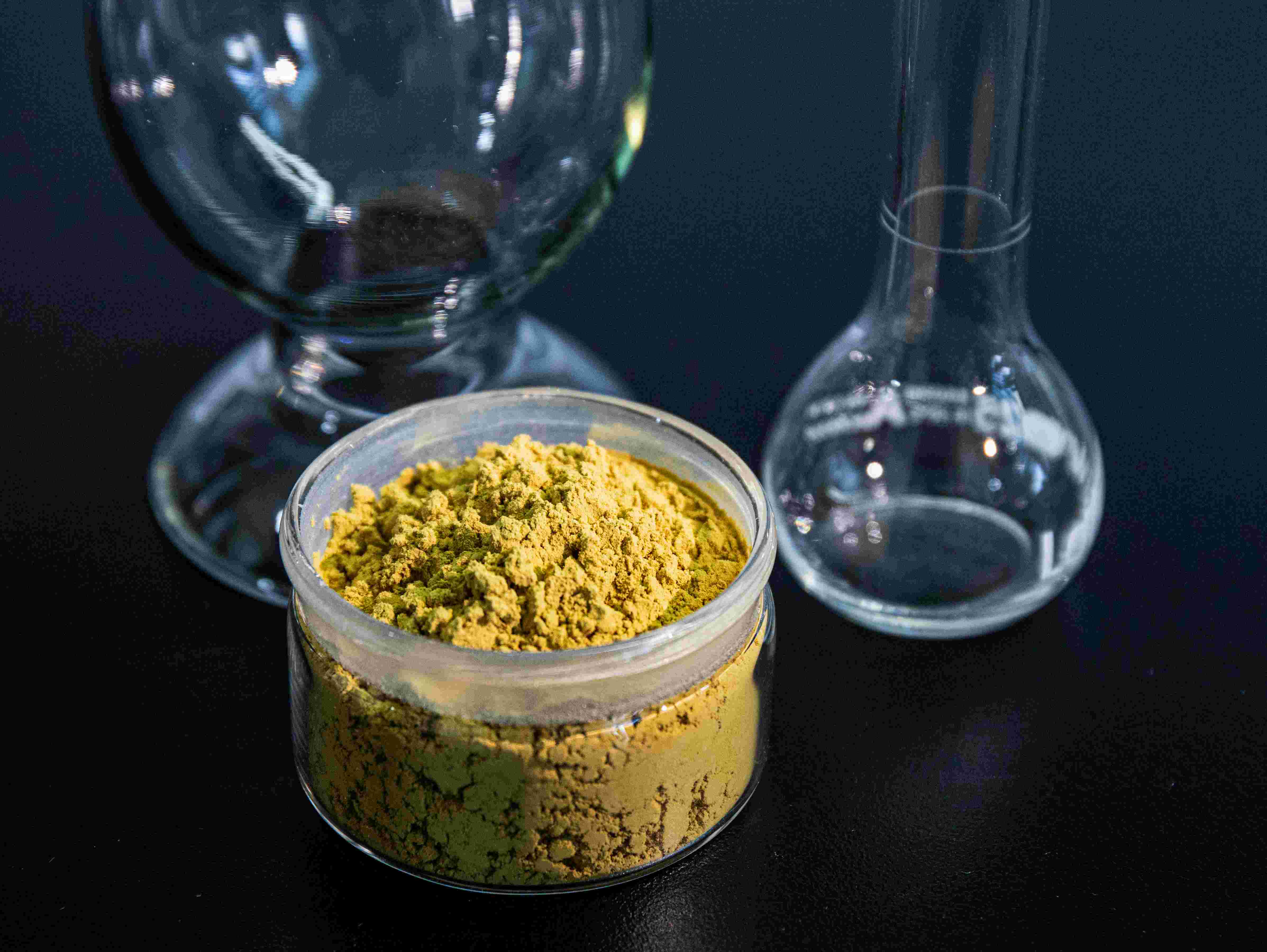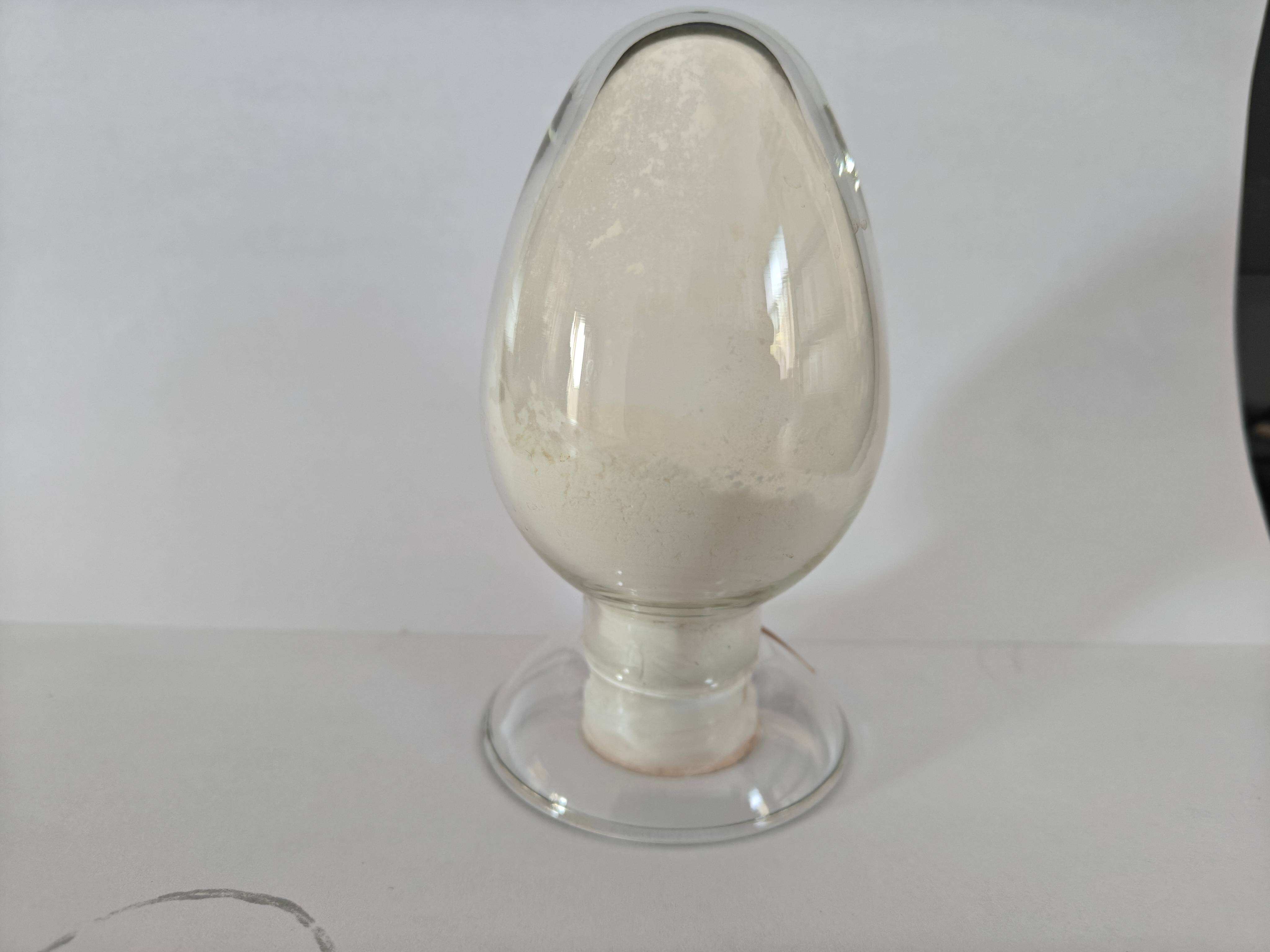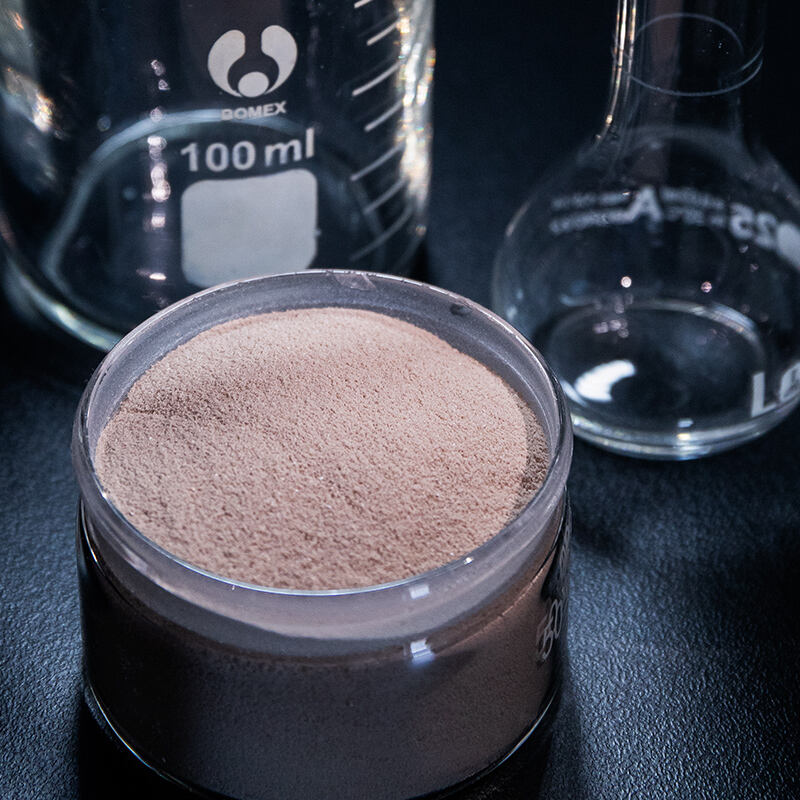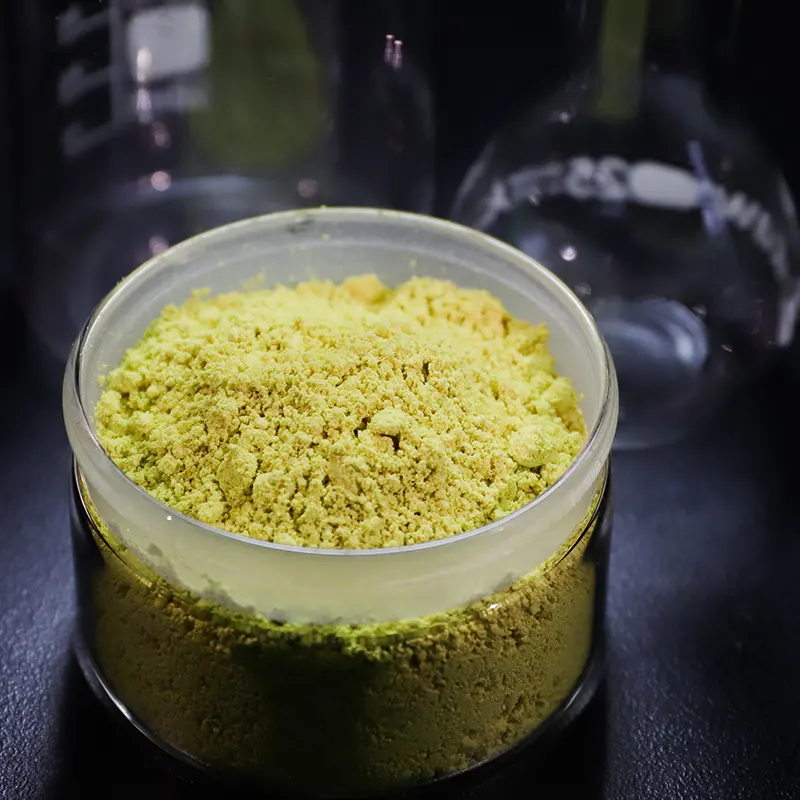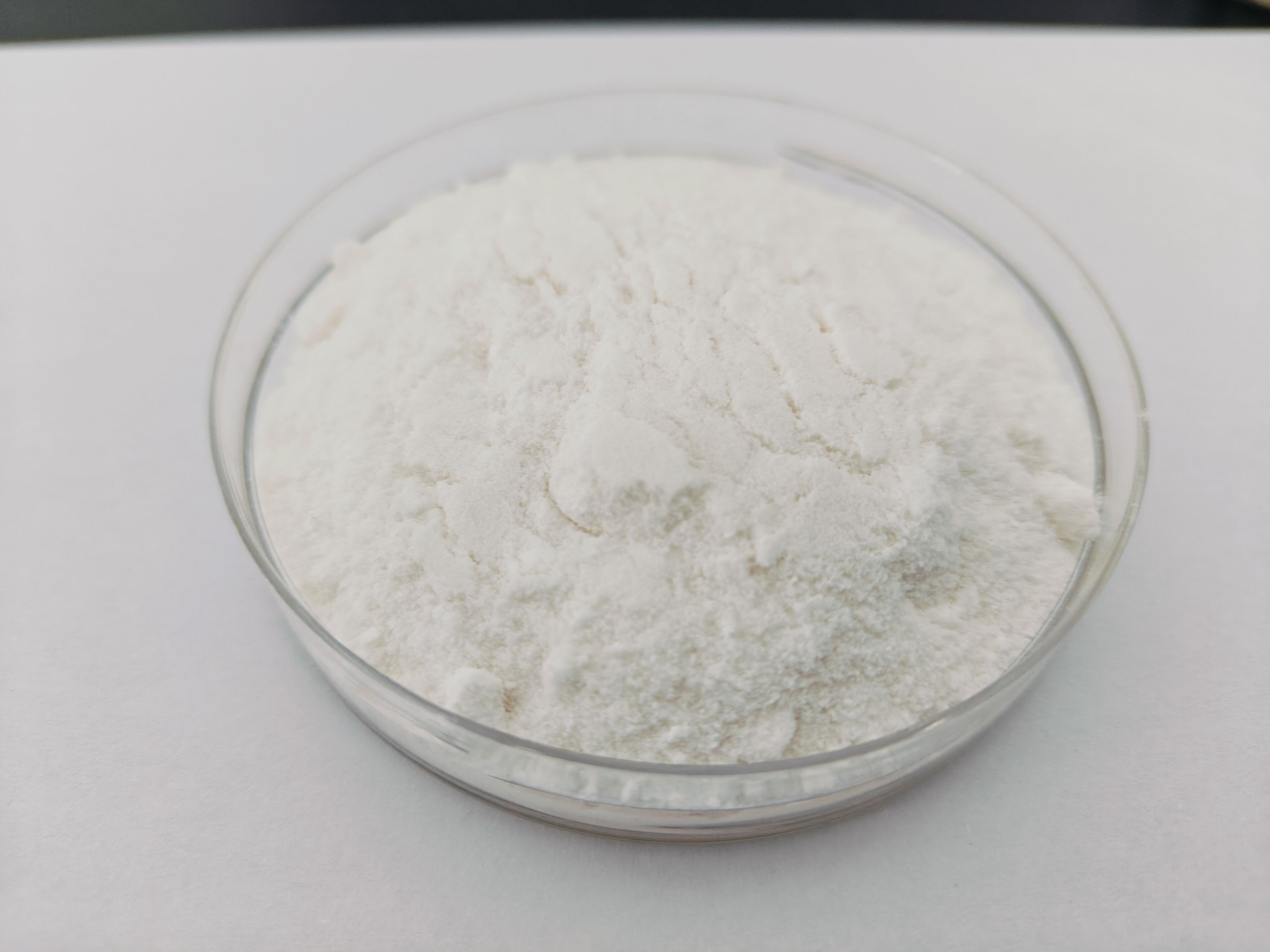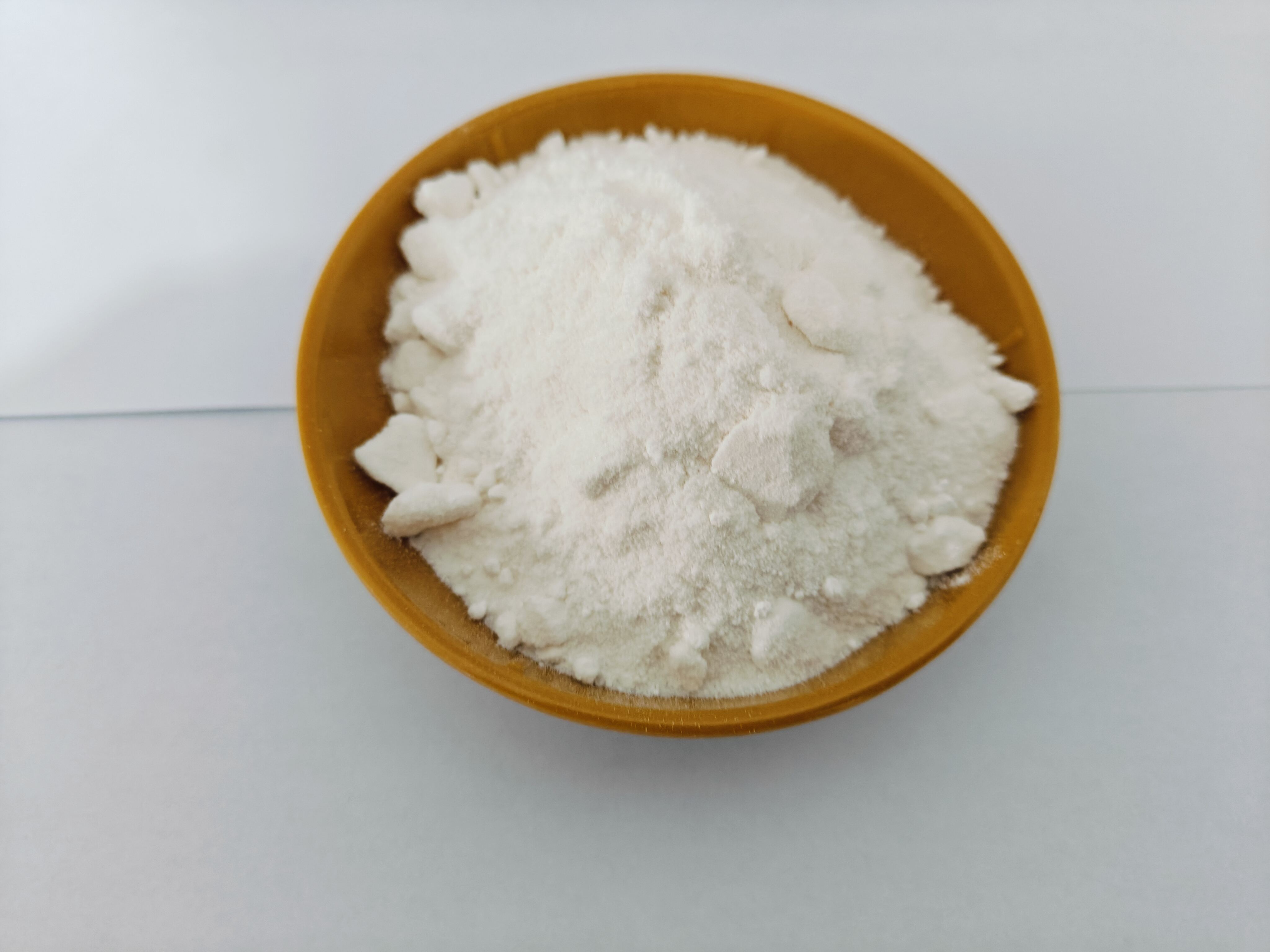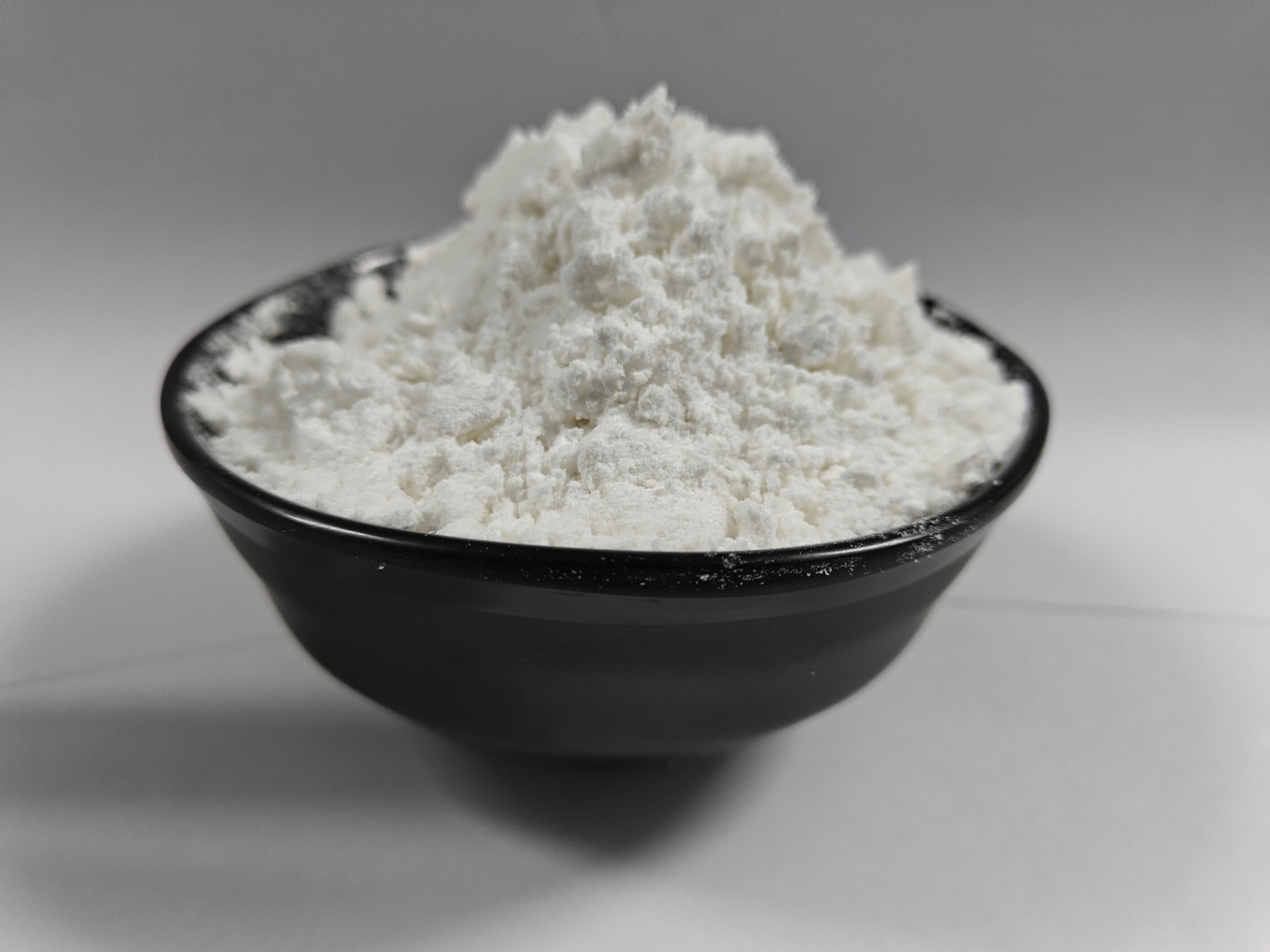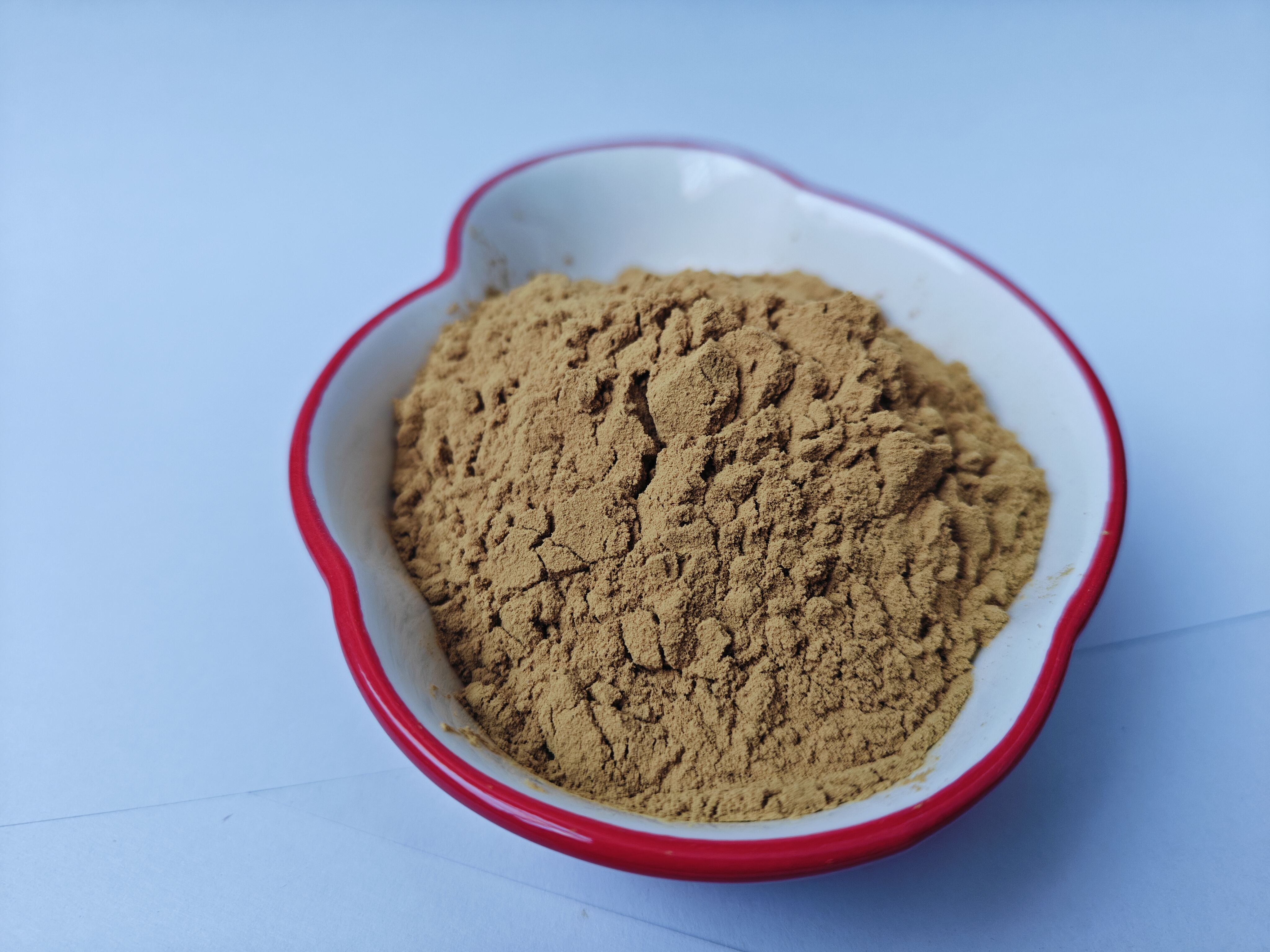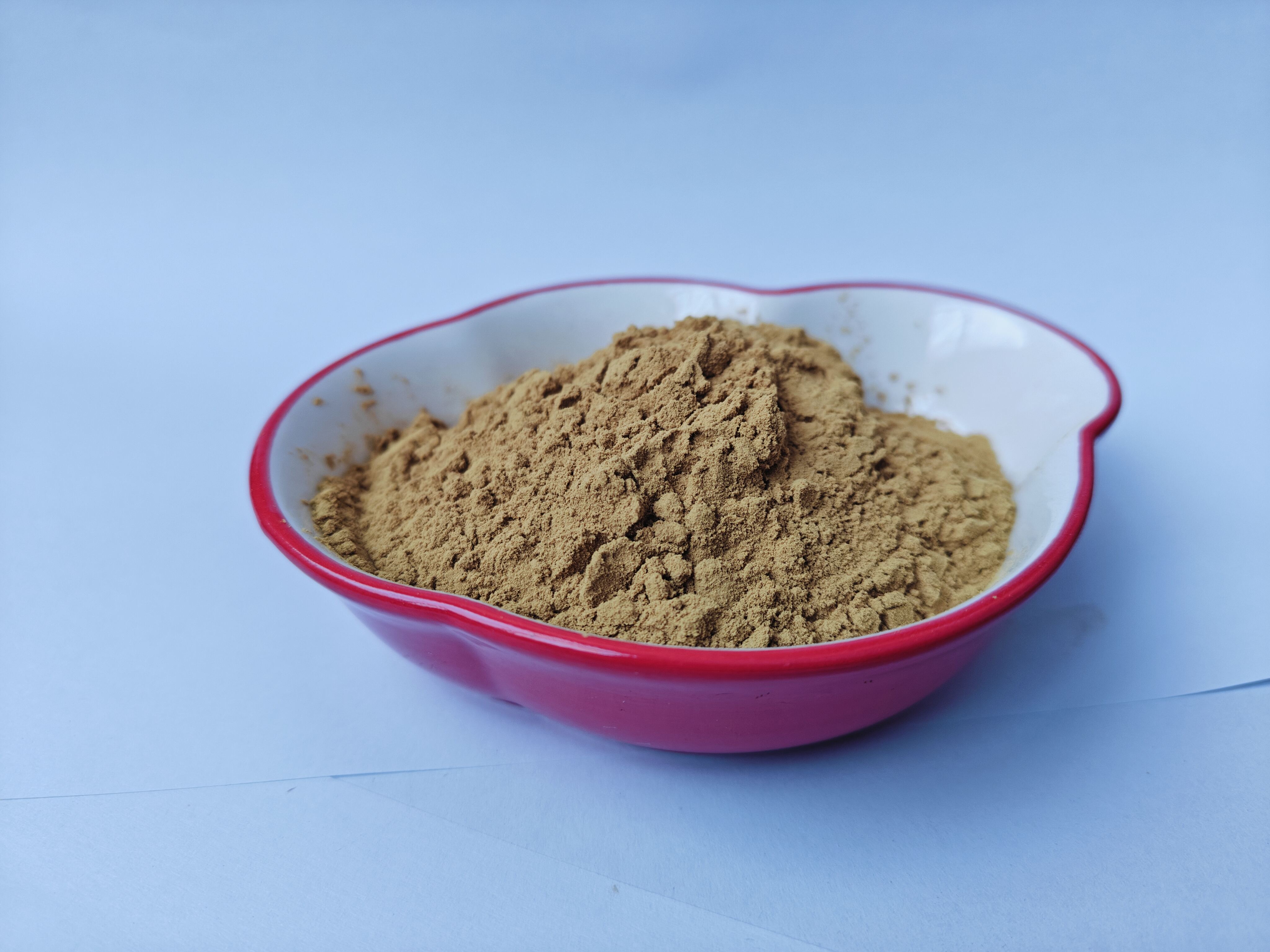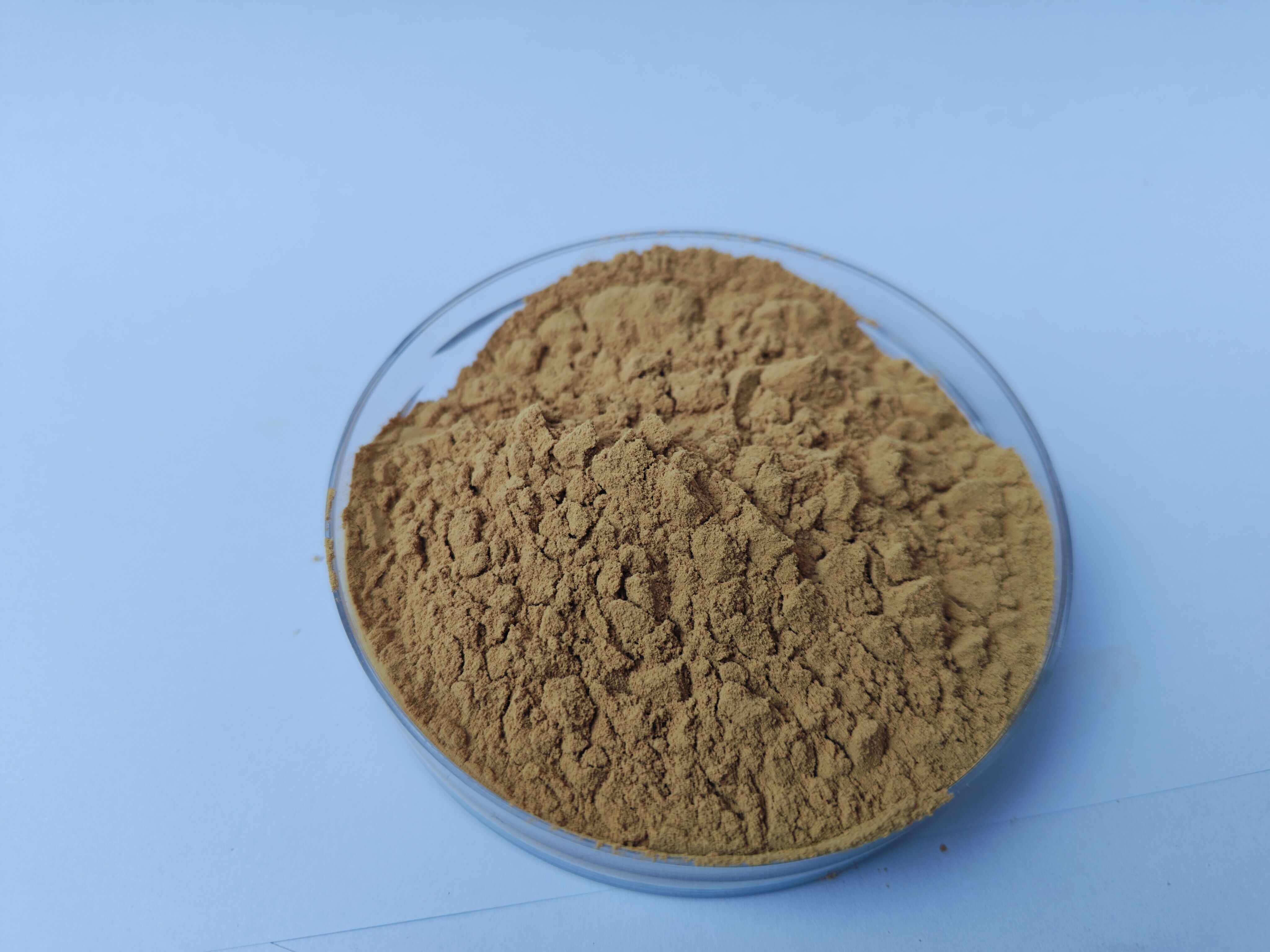gamit ng tagapagligtas para sa epoxy resin
Ang mga tagapagpapatuloy ng resina ng epoxy ay mahalagang bahagi sa pormulasyon ng mga taas-na-paggamit na sistema ng epoxy, na gumaganap ng isang kritikal na papel sa pagbabago ng likidong resina ng epoxy sa matatag at nakakabit na estruktura. Ang mga ito ang nag-uumpisa at nagkontrol sa kimikal na reaksyon na nagbabago ng mga resina ng epoxy mula sa estado ng likido patungo sa solidong anyo, lumilikha ng malakas at resistente na material. Ang proseso ng pagpapatuloy ay sumasaklaw sa pagsisimula ng mga sugat na kimikal sa pagitan ng mga molekula ng resina ng epoxy, humihikayat ng isang tatlong-dimensyonal na network na estruktura. Ang modernong mga tagapagpapatuloy ng resina ng epoxy ay nagbibigay ng uri-uri ng temperatura ng pagpapatuloy, opsyon para sa pot life, at karakteristikang panghuling prope, nagiging maalingawin para sa iba't ibang aplikasyon. Sila ay madalas na ginagamit sa industriyal na kubrings, adhesib, komposito, elektronika, konstruksiyon na materiales, at protektibong dulo. Ang teknolohiya sa likod ng mga tagapagpapatuloy na ito ay umunlad upang magbigay ng pinadali na katangian tulad ng mas mahusay na resistensya sa kimika, mas mabuting thermal stability, dagdagan ang fleksibilidad, at bawasan ang oras ng pagpapatuloy. Ang iba't ibang klase ng mga tagapagpapatuloy, kabilang ang amines, anhydrides, at phenols, ay nagbibigay ng espesipikong halaga para sa partikular na aplikasyon, nagpapahintulot sa mga manunukoy na pumili ng pinakamahusay na opsyon para sa kanilang mga pangangailangan. Ang wastong pagsasalin at paggamit ng mga tagapagpapatuloy ay maaaring maimpluwensya ang huling katangian ng sistema ng epoxy na pinapatuloy, kabilang ang kanyang mekanikal na lakas, resistensya sa kimika, at durability.

